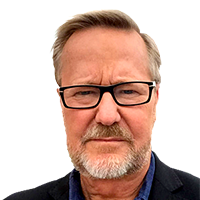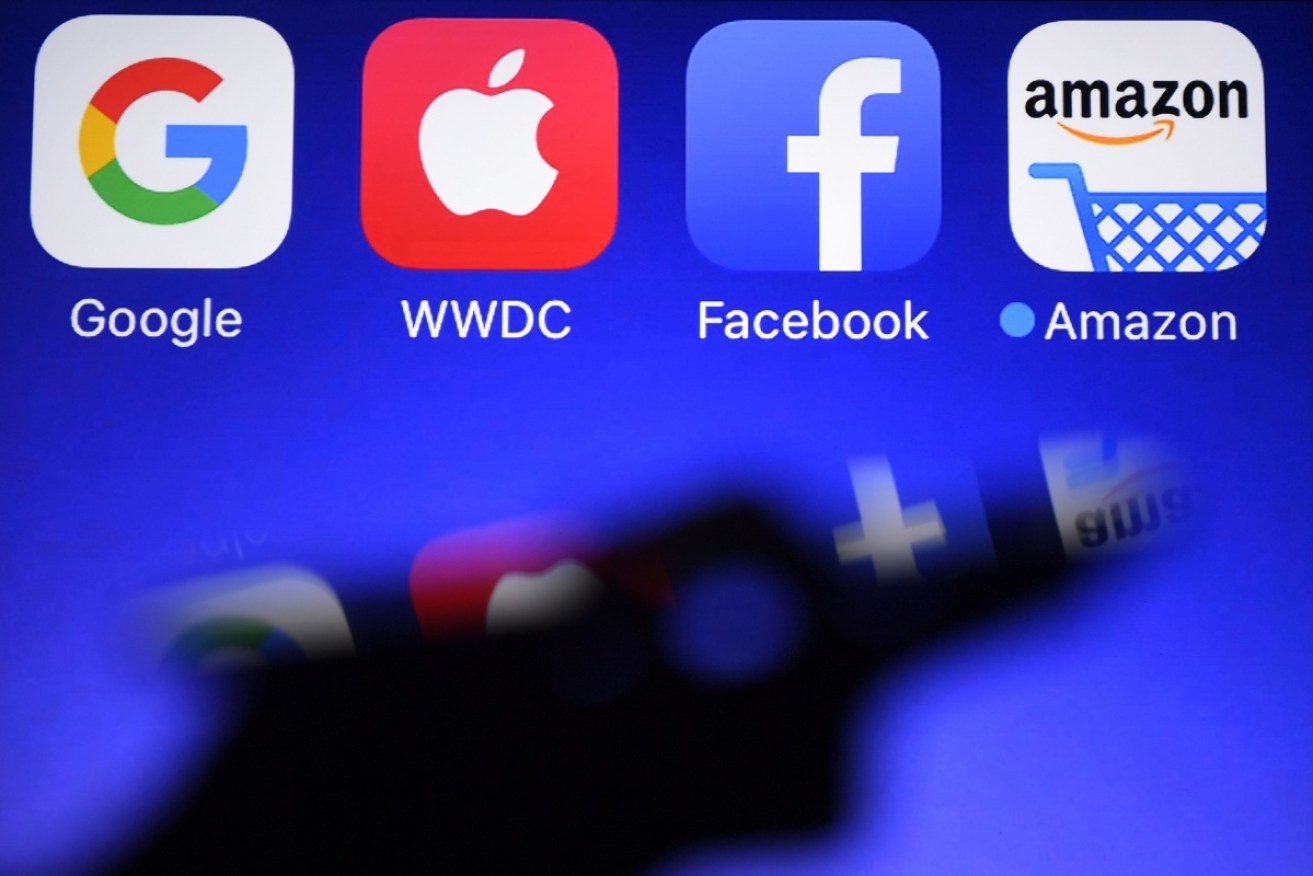Google, Facebook to be forced to reveal commercial secrets


Crossbench senators have digital giants in their sights as their price for supporting the government's tax package. Photo: Getty
Global internet platforms Google and Facebook will be coerced by the Australian Competition and Consumer Commission (ACCC) to reveal all their commercial secrets.
Under the Commonwealth Competition and Consumer Act, ACCC commissioner Rod Sims is empowered to subpoena the revenue earnings of all global internet content aggregators operating in the Australian market.
On Monday, the Turnbull government’s terms of reference for an inquiry into the impact of digital platforms on local media and advertising markets was released. Mr Sims has been given 12 months for an interim and 18 months for a final report on Facebook and Google’s alleged abuse of market power “in commercial dealings with the creators of journalistic content and advertisers”.
While global internet platforms have opened content-hungry Australians to an infinite choice of worldwide publications in text, video and audio, their success in taking a rapidly increasing slice of this country’s $16 billion annual advertising spend, while producing negligible local content themselves, is the point of greatest contention.
Significantly, Mr Sims has not been tasked with investigating exactly what local tax is paid by Google and Facebook on all revenues derived from Australian advertisers and consumers. Any offshore tax arrangements used by the platforms are under active pursuit by the Australian Tax Office.
The ACCC inquiry was agreed to by Communications Minister Mitch Fifield and Treasurer Scott Morrison in return for the Nick Xenophon Party’s crossbench support for local media consolidation reforms recently passed by the Parliament.
Mr Sims “will have the power to obtain information during the inquiry which will make digital platforms more transparent and enable the ACCC to test whether a case can be made for further intervention or use of the ACCC’s broader enforcement powers”.
In Canada the Trudeau government has moved to force Google and Facebook to contribute to a local content fund as local publishers complained their business models were being disrupted to the point of financial collapse with the loss of Canadian creativity and jobs.
Google and Facebook have been accused of “hoovering up” $4 billion of Australian advertising revenue as local publishers feel obliged to post content with the platforms to hold or enhance their audiences.
Digital advertising is considered more effective for ad agency clients because it is claimed it can more precisely target demographics and even individuals who reveal their consumer preferences through their browsing histories.
By 2017, analysis was showing that internet advertising, currently at 52 per cent of total ad spend, was projected to increase to 65 per cent by 2021.
Advertising on mobile phone and iPads was at 50 per cent of the digital ad spend by 2017 with social media advertising driving the rapid increase.
Long wait as local players bleed to death
Opposition communications spokesman Michelle Rowland told The New Daily the ACCC inquiry was too late and left the news media “languishing for another 18 months with only an ideologically-motivated regional and small publishers’ fund and cadetship program to hold on to”.
In the past month both Fairfax and News Corp have announced further redundancies, including the closure of local newspapers.
Huffington Post Australia is also now in jeopardy locally.
Media market analyst Roger Coleman of CCZ Australia also questioned the purpose of the ACCC inquiry, telling The New Daily internet disruption of Australia’s mainstream media was “the great attrition”.
“Why local publishers pay to get their content on Google and Facebook and then complain that these platforms gain legitimate revenue from what is effectively point-of-sale advertising from people who browse these sites has always intrigued me. What sort of business model is that?” Mr Coleman said.
“Instead of deciding to stay off Facebook and Google and asking people up front to pay to access their content, they are assisting the platforms to cannibalise their content.”
When original local content could be copied, pasted and posted for nothing by social media users, the local publishing and media industry was in a quandary of its own making.
Until the publishers strike back at the content aggregation platforms through more considered and calculated business tactics “this is going to be a long grind,” Mr Coleman said.








